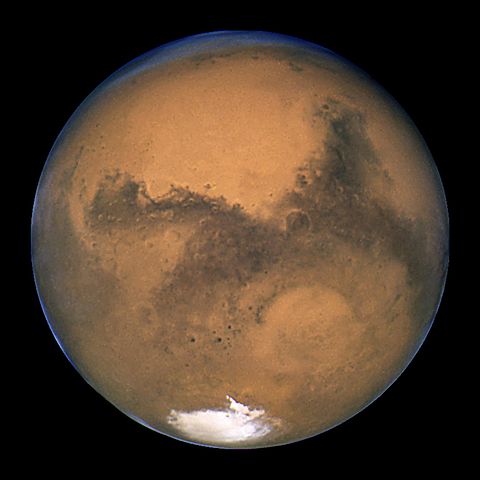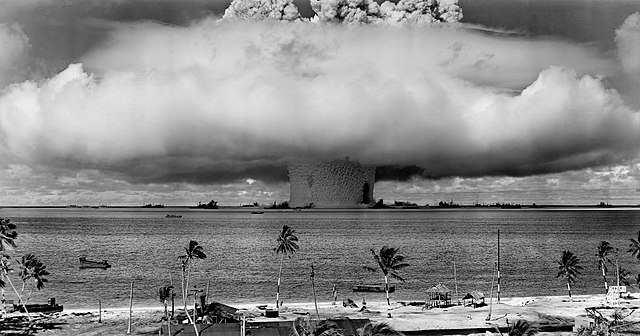0. Well, as of 26 April 2016, the nominees have been announced for the 2016 Hugo Awards. Five novels were nominated. I am reading through them all so that when I vote, I’m sure of why I think that one is better than the others. I understand the inherent ridiculousness of this—it is simply a popularity contest, after all. But I find it fun to explore new-to-me novels and writers, and learn from their works. The nominees are: Ann Leckie’s Ancillary Mercy, NK Jemisin’s The Fifth Season, Seveneves by Neal Stephenson, Jim Butcher’s The Cinder Spires: The Aeronaut’s Windlass, and Uprooted by Naomi Novak. Next up, Seveneves is a mess. Through all of 2015, I believed that this novel would win the Hugo in 2016. I saw the most people reading it and heard the most discussion about it. It also seemed to have the most pull outside of the typical speculative fiction reader base—Seattle Times, New York Times, the internet in general, all seem to love this book. This book seems a smash hit. Connor convinced me to read it, so I did. All 900 pages of it. Now that I’ve read ⅘ of the nominees for this year, I still think this book will win, but I could see The Fifth Season pulling a win as it has really gained in popularity over time. I am 80% sure I’ll be voting for Ann Leckie’s novel though.
1. First things first: after six hundred pages this book begins its last chapter with the phrase “5000 years later”, and that last chapter is three hundred pages long. Is it the world’s longest epilogue, or are the prior six hundred pages the preface to end all prefaces? Every character is now dead, even the earth and our solar system are changed beyond recognition. This works out exactly as well as you think. If I hadn’t been reading this book for a friend, I would’ve quit. After finishing the book, I’m sad I didn’t quit—it wasn't worth it to continue. Those last three hundred were more of the same.
—Why do this? Why make a reader read those prior six hundred pages then pull all the meaning out of them so suddenly? Why make one read those six hundred pages if the three hundred are all that mattered? Or why include the three hundred pages with new characters, a new world, new technology, etc? Everybody I tell about this tactic busts out laughing immediately.
—But what was he trying to do here? Why take this ridiculous step? Being optimistic, it could be said that he wanted to tell the end of the story. The first five years really didn’t resolve until 5000 years later. But that seems a stretch when so much of the text in those last three hundred pages is made up of descriptions of technology that are theories today, or imaginations—there's not enough story for me to be this optimistic. I’m not certain that this tactic inherently doesn’t work, but I am certain it didn’t work here. I almost want to admire him for trying, but it really didn’t work.
2. The last three hundred pages codifies a tactic Stephenson uses throughout that makes this book difficult to read. For every page of story—with characters and actions and dialogue—there are two pages of wikipedia-esque explanatory prose about the technologies and physics that drive the story. Some of this is quite interesting, but there is so much of it that reading this book becomes boring. Arthur Clarke finds that line between too much information boring the reader, and just enough information told in an interesting way to make learning enjoyable. Here Stephenson just loves writing about imaginary technology and scientific theories.
3. And that’s my second major problem with this novel: these technologies and theories drive the plot of the book, rather than characters being in the driver's seat. The story itself is sparse: moon explodes, humanity realizes they have two years to live, they set up a space base, they move said base to the remaining moon-core, then 5000 years later they discover two different groups of humans who survived the moon-chunk apocalypse on the earth. In each of these parts, the technologies and scientific theories take up the most room in the book and drive the plot forward. The characters are almost afterthoughts and there’s only a couple of emotional moments in the book—way too few for nine hundred pages. Most potentially emotional moments are stripped of any effectiveness the same way they're stripped of any specifics. For instance, from part one:
Two days later a Scout simply disappeared without explanation, possibly the victim of a micrometeoroid, or even of suicide.Death itself lacks all meaning, merely requiring a bit of administrative creativity from the leader. This fear of emotions cripples any interest I wanted to have in this book. Even the whole character of Cyc embodies this perfectly: she is simply a human encyclopedia—hence her name. This is dry: even after a couple of pages discussing some tangential technology, sometimes employing bullet points, Stephenson will admit that it doesn’t matter to the story or the culture or the characters. Admitting this doesn’t help me be more interested in these all to often digressions, even when they're interesting.
So, of the first crew of six Scouts, two were dead on arrival and one was killed in the Luk failure the next day. Of the second crew, one was dead on arrival. All six of the third crew made it to Izzy alive. Of the fourteen total survivors, four died from Zavod failures, one disappeared, and one was forced to “retire” from being a Scout and confine his activities to Izzy because of equipment failure.
Ivy, being at the top of the org chart, was responsible for all strange and extraordinary decisions: the problems that no one else knew how, or was willing, to handle. It became her problem to decide what they were going to do with dead people.
Oh, there was a procedure. NASA had a procedure for everything.
4. Hard science fiction doesn’t necessitate excluding characters or human emotions—Arthur Clarke tends to have many. But here there are only five characters that make sense and hold any interest for me: Dinah, Doc, Julia, Markus, and a kid named Einstein. The rest are obvious caricatures. They’re emotionally flat—in Tekla’s case that is the point. But Ivy coming off flat is just poor writing. Stephenson attempts to fill her out as a character, and he tries really hard, but I don’t think it works because she has too little on-screen time. The flat characters are typically flat because Stephenson tells too much and doesn’t show enough. He says Ivy cries, but we see her cry maybe once? And even that situation is just sort of glossed over in favor of getting back to some kind of wikipedia-esque technological explanation. Her tears are wasted because we aren't allowed to understand them. So instead of showing the characters through actions, dialogue, and internal monologue, he tells them through narrative and then doesn’t reinforce this telling with enough showing to make these characters stick.
5. The theme here only reveals itself in the third part and it’s not very well explored: humans are not blank slates. Most of the third portion deals with the way each of the seven eves left their marks inherent in their descendants. Though the descendants are, well, 5000 years later, they’re still adhering to types and characteristics that they can’t escape, despite the time that has passed and their own experiences. This is a fascinating topic that isn’t often taken up in speculative fiction. Typically, characters are left to their own devices and they overcome their backgrounds to become heroes. Here, though they may undergo rags to riches transformations of place, they’re still who they are as characters, and that’s couched in the extensive discussions of their genetic history.
6. Another bit of the storytelling that I don’t enjoy is the awkward shift from Kath Two’s point of view to Ty’s, and then back. It confuses me at first and I don’t understand. Then I do and it makes some sense, especially after Kath’s transition to Kathree. But initially this is offputting and distracting. Like the 5000 years later bit, by the time it makes sense a hundred pages later, I am already pretty convinced it is awkward, and even the explanations don’t justify the awkwardness of the transition.
7. In all, this book is not enjoyable to me. There are some interesting moments, but I believe this storyline should be told in less than nine hundred pages, a lot less. I mean, cut out 90% of the technological explanations and this book could be four hundred pages or so and stick to the story and characters more. But even then the characters aren’t strong enough to carry the plot along. I will not even get into the word choices—which are complex but only because of the scientific terminology and made up technobabble—because the book was boring and I still think it will win the Hugo this year. Despite the bullet points it uses in place of writing. This is what people like right now, and that’s fine. Like what you read and read what you like, but this book clearly isn’t for me.





.jpg/640px-USS_Florida_(SSGN-728).jpg)

Wholeheartedly agree with "Anonymous" I understand the need of the writer to give background and explanations, to a point. The "points " in question, though, always took too long to reach. I continue reading ( im at page 831) only because I hate not knowing the outcome, or the end.
ReplyDelete